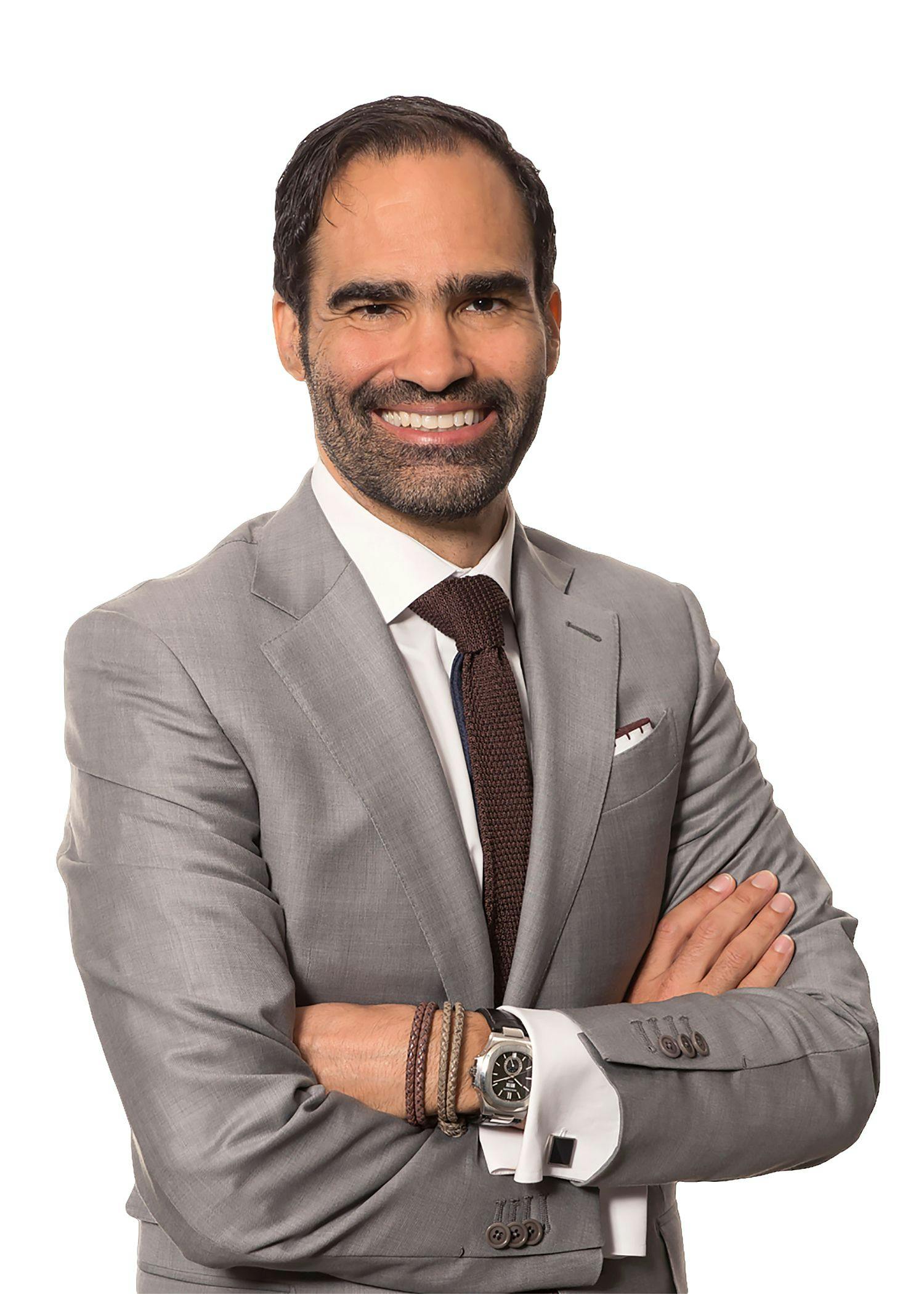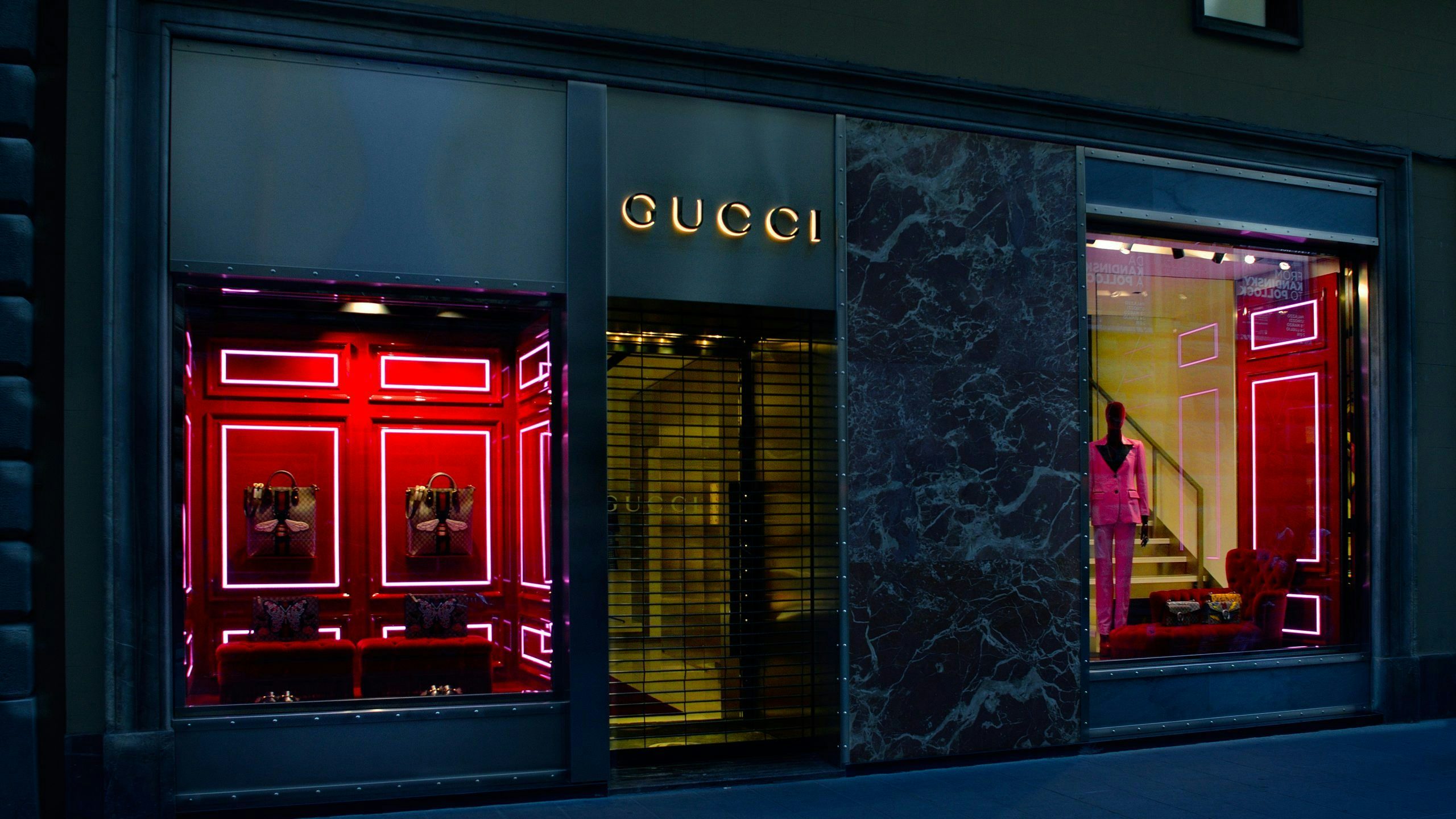Over the years, one predictable customer group bought luxury brand creations all over the world: wealthy, young Chinese consumers.
No other consumers around the world have a comparable lifestyle to Chinese digital natives. Massive and fully-integrated social media platforms like WeChat make Facebook and Instagram look like tiny Islands with hardly any functions. And China’s key opinion leaders (KOLs) play a much more prominent role in influencing luxury purchase decisions than influencers in any other country.
This combination of integrated social media, shopping, and payment platforms has had a dramatic impact on consumer behavior and expertise. In no other place in the world is the importance of the digital journey in consumer decision-making so obvious as in China. And no other market requires more sophistication in digital content creation.
That does not mean that brands can relax outside of China. On the contrary, because what is a reality in China will soon be the new norm anywhere else in the world. The unparalleled growth speed of Tik Tok is a precursor of more to come. The future of luxury is about storytelling and digital content creation. Of course, luxury brands need to create desire through their brand story, products, and artistic expressions. But when a brand is not able to inspire through digital, then no customer will consider it. The moment of truth has moved from the in-store experience to the digital experience.
This shift has changed everything. And many brands have yet to understand the magnitude of this change. If your brand is not creating a digital competitive advantage, it will not be relevant for consumers. In the two years before the pandemic, I had already seen an unprecedented number of brands literally falling apart. This tendency accelerated dramatically in 2020, and the old times will never return. In fact, the magnitude of change is accelerating even further.
Video content has become more critical, with shorter, highly-engaging formats growing disproportionately in relevance. Even months ago, formats like the two-second commercial were unthinkable. Now, these super-short formats are among the fastest-growing out there. But if they are not on brand, then there is no consistency, and everything falls apart. Hence, the requirements of precision in brand storytelling has never been as high as they are now.
The effects of brand desperation can be felt across many luxury brands and segments. Digital was just a fancy buzzword for a long time. It was great to talk about, but few brands even tried to master it. For me, one of the most surprising aspects during this period is the reluctance of many luxury brands to pivot toward artificial intelligence instead of outdated market research methods.
Many brands are too dependent on surveys and focus groups and have zero insights into how they perform in real-time against the competition when it comes to sentiment, brand perception, trending topics, relevant conversations, and who is influencing the brand. Now that there’s a new digital game, the instruments for playing the game are different. There is no reason not to use artificial intelligence-based consumer sentiment systems. They are game-changers, and brands that miss out on them don’t even understand the amount of competitive disadvantage they are exposing themselves to without it.
Digital can no longer be seen as something that is managed by one department. It is so crucial that it should be at the top of all CEO agendas. Digital is the most powerful and most fundamental enabler for creating a competitive advantage in a world that changes faster than ever. Complacency and sticking with “we have always done it like this” will lead to brands going out of business. In luxury, all that counts is extreme value creation and competitive advantage through the creation of desire. But only brands that win in digital will win inside stores because the best service is useless when no one visits you. To do so, brands need to create digital desire.
Daniel Langer is CEO of the luxury, lifestyle and consumer brand strategy firm Équité, and the professor of luxury strategy and extreme value creation at Pepperdine University in Malibu, California. He consults some of the leading luxury brands in the world, is the author of several luxury management books, a global keynote speaker, and holds luxury masterclasses in Europe, the USA, and Asia. Follow @drlanger


